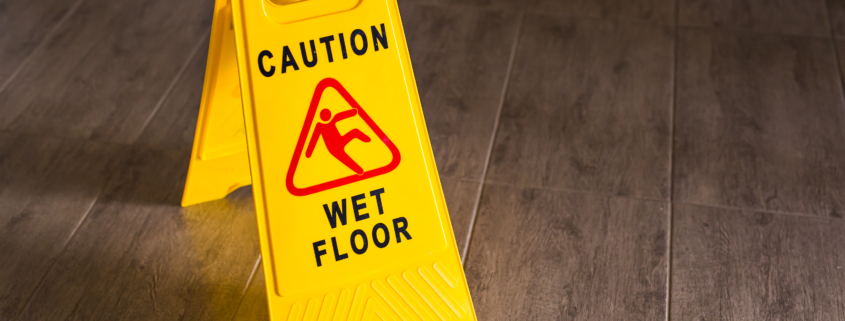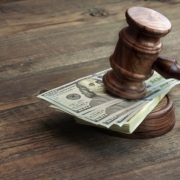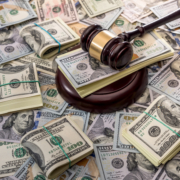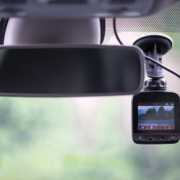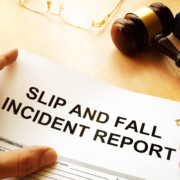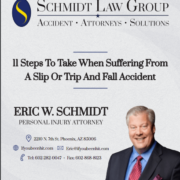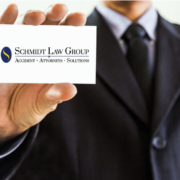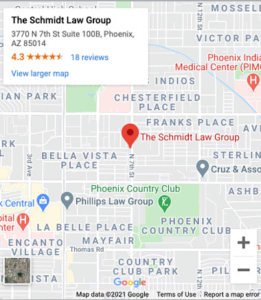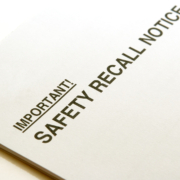Most accidental injuries are no one’s fault; no one could have foreseen or prevented them. Therefore, most accidents are not grounds for a lawsuit. Employers, however, almost always bear some sort of responsibility when their employees get injured at work. Therefore, businesses must carry workers’ compensation insurance in order to cover the costs of medical bills for injured workers. From an employer’s standpoint, though, workers’ compensation is the best-case scenario. A workers’ compensation settlement implies that the accident was no one’s fault. If the accident was the result of negligence on the part of the employer, then the injured employee might have grounds for a type of personal injury lawsuit, specifically, a premises liability lawsuit. Premises liability means that the property owner, in this case the employer, was negligent because he or she failed to keep the workplace safe enough to prevent the accident that caused the worker’s injury.

Characteristics of Workers’ Compensation Cases
Virtually every employee who gets injured at work is entitled to workers’ compensation. It is such a basic right that employers being required to carry workers’ compensation insurance is almost like drivers being required to carry liability insurance. Accidents happen, and the insurance premiums are money set aside to pay for them. If you get injured at work, workers’ compensation laws mean that your employer must pay for your medical expenses related to your work injury. You are entitled to this compensation no matter whose fault, if anyone’s, the accident was. Even if the accident was your fault, you are still entitled to workers’ compensation for your medical expenses.
Characteristics of Personal Injury Cases Involving Employees
In order to have grounds for a premises liability case, you must demonstrate that the owner of the premises (in this case your workplace) was negligent. In other words, your employer had a responsibility to make your workplace safer in order to prevent injuries like the one you sustained. The following are examples of situations where an injured worker could have grounds for a premises liability case:
- A worker at a retail store slips and falls because there was water on the floor. The employer had a responsibility to have someone clean up the water spill or to post a “wet floor” sign until someone was available to clean up a spill.
- A nighttime security guard at a golf course trips and falls on the uneven ground, resulting in injuries. If the golf course were better lit, the injury probably could have been prevented.
- A shelf breaks when a worker is restocking merchandise, resulting in the worker getting injured. The employer had a responsibility to check for faulty shelves and replace the ones that were in danger of breaking.
Unlike in workers’ compensation lawsuits, the damages in personal injury lawsuits are not limited to reimbursement for medical bills. The court can also award you damages for lost income for the time you missed work; it can even compensate you for pain and suffering.
Contact Eric Schmidt About Workplace Injury Lawsuits
Sometimes it takes a lawyer’s professional opinion to determine whether an accident was just an accident, or whether it was the result of negligence. Contact Eric Schmidt in Phoenix, Arizona to find out if your workplace accident is grounds for a personal injury lawsuit.

